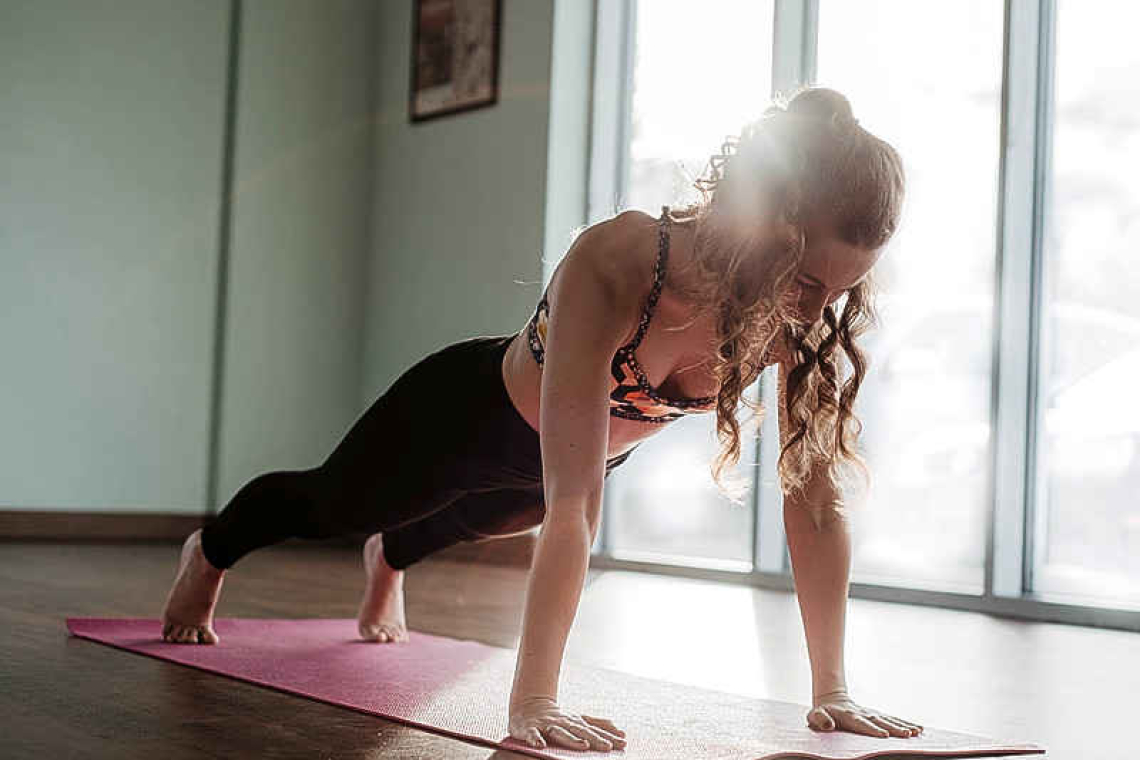By Dr. Colin Michie FRCPCH University of Central Lancashire
‘Stories can conquer fear, you know. They can make the heart bigger.’ ––Ben Okri
We can almost all make our hearts happier organs. This useful task will ensure we stay mobile, avoiding health centres, Hospitals and early death: this organ deserves care. New observations have generated advice to help you support your heart.
Lifestyle changes directed at heart health are discussed in many health columns and described on many websites. Smoking tobacco is particularly dangerous, as is a diet high in sugars and salt, low in fibre, fruit and vegetables. From the point of view of your heart, working quietly and continuously, keeping your blood pressure low is a real game changer. Blood pressure is the force the heart has to work against; it is dependent on the health of your blood vessels.
In the US, raised blood pressure, hypertension, is found in 8 out of 10 of those over 65 years. Globally, two thirds of those with hypertension live in middle or low-income countries; fewer than a half know they have this problem. So for most of us, dealing with our blood pressure should be a daily routine.
Many unpredictable events can influence your blood pressure – pain, emotions, social relationships, music, air quality, poor sleep. Alcohol increases blood pressure; for some, caffeine may too. Raised blood pressure should ideally be tackled using lifestyle modifications initially: dietary approaches to stop hypertension, or DASH (https://dashdiet.org/default.html) are effective when followed, particularly those recommendations to reduce sodium or salt. Reducing one’s salt intake on Soualiga can be a challenge, where it tends to be hidden in foods such as bread and hot sauces; consuming less than 2 grams a day will yield benefits over time.
Powerful benefits to our cardiovascular health come from using skeletal muscles. A surprising observation is that this activity does not always have to involve finding the right footwear, controlling your hair or even sweating! Two home exercises can improve blood pressure: wall squats and planks. Holding these positions for 1-2 minutes daily encourages high levels of blood flow through the large muscles in the chest, the core of the abdomen and upper legs.
This unexpected finding has followed promotion of isometric exercises such as planks as a preferable way to assess fitness. They have replaced sit-ups in screening checks such as those used by International Fire-Fighters and some military trainers. They are thought safer because they help protect the spine. They improve pelvic muscle control too. Isometric stretches were developed in early Pilates and Burpee routines, but have become increasingly popular as scientific measures of muscle activity and blood flow have demonstrated their benefits.
Ideally, a plank or wall squat position should be held for 1-2 minutes, then repeated several times with a rest of several minutes. This may be boring, but if it can reduce your blood pressure and therefore loading of your heart just a little, it may prevent a stroke or myocardial infarction. A colleague of mine does planks in breaks during her clinics, using one of those sand-filled hourglass timers – she says this is more peaceful than many of the commercial apps!
Walking is also beneficial. Outdoor walks and exercises deliver improved sleep and thinking too. The original prescription of 10,000 steps a day is challenging, particularly if your back, hips or knees are stiff or cause pain; fewer steps (around 3,000) have been shown to help the cardiovascular system.
Put another way, the recommendation is that if possible, we should carry out at least 150 minutes of moderate exercise each week, or 75 minutes of vigorous activity, together with muscle-strengthening exercise twice a week. Our exercised and stretched muscles release signalling molecules or myokines that relax blood vessels and have other beneficial effects including boosting the immune system.
Lifestyle modification will not control hypertension for everyone: medication is often necessary. The strategies of treatments are to relax the muscles around arterial blood vessels and to eliminate excess water, while protecting the kidneys. Many pharmaceuticals are available for this, so it is useful to explore any side-effects or potential complications and to request a change to your therapy if you think it makes you unwell.
Long-term compliance with treatments improves the effectiveness of prescriptions, as do those lifestyle changes. You could monitor your blood pressure regularly, or perhaps help elderly relatives with theirs. The higher systolic blood pressure represents the pressure when the heart contracts. The lower diastolic blood pressure is the resting level allowing the heart to fill. If your blood pressure is greater than 130/90 on your measurements, it is important to check with a physician.
Be kind to your heart – add planking to your calendar!
Useful resources:
https://www.who.int/news-room/fact-sheets/detail/hypertension
https://www.nhs.uk/conditions/high-blood-pressure-hypertension/treatment/
heart.org (American Heart Association)
Dr. Colin Michie is currently the Associate Dean for Research and Knowledge Exchange at the School of Medicine in the University of Central Lancashire. He specializes in paediatrics, nutrition, and immunology. Michie has worked in the UK, southern Africa and Ghaza as a paediatrician and educator and was the associate Academic Dean for the American University of the Caribbean Medical School in Sint Maarten a few years ago.







